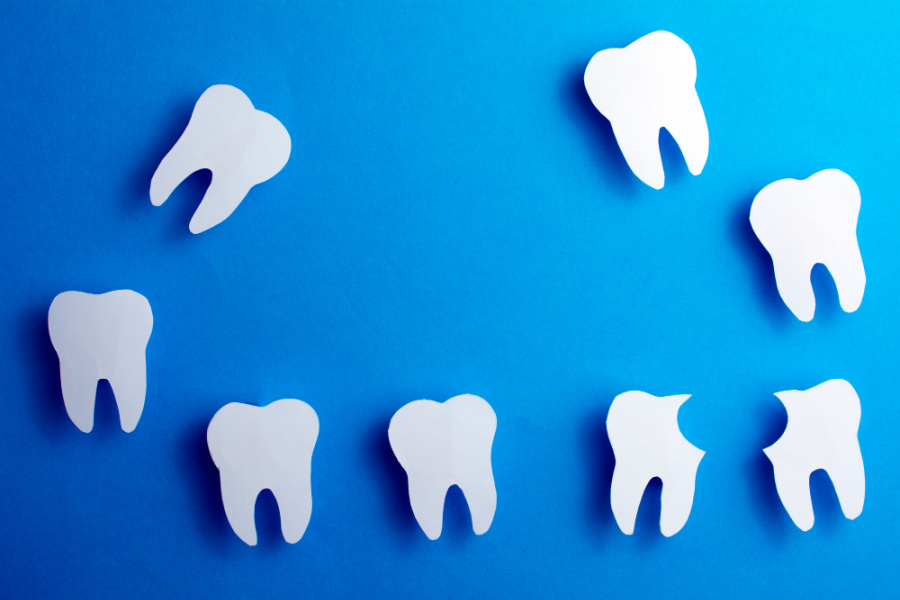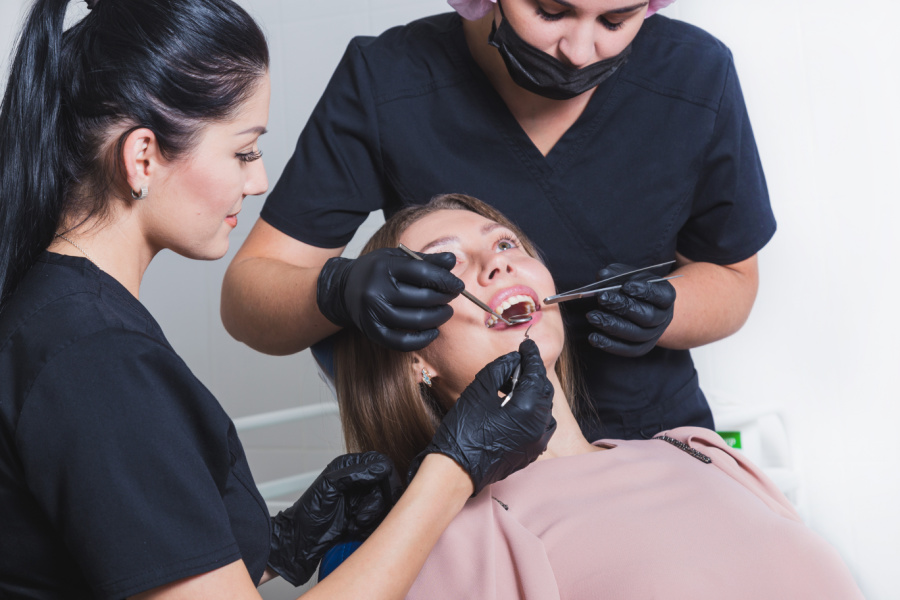
Are you afraid to go to the dentist? Dental anxiety is very common, and for some, this fear is a full-blown dental phobia. In the United States—and likely similar in the UK—up to 20% of people avoid dental visits because of this fear. However, skipping the dentist can allow problems to go unnoticed, which can affect more than just oral health. For example, gum disease has been linked to diabetes and other health conditions. Knowing that oral health issues can impact your overall health might not ease your anxiety, so here are seven things that might help.

If it’s been months or even years since your last dental visit, rest assured you won’t be met with judgment or disapproval. In fact, when we know someone is coming for their first appointment in a long time, our team strives to make the experience as positive and welcoming as possible.
We consider it a professional privilege to care for your oral health and help you get back on track with proper dental care. Many people go long periods without seeing a dentist or hygienist, whether due to fear, a busy lifestyle, moving to a new area, or simply not finding the time to book an appointment.
If you deal with dental anxiety or phobia, simply scheduling an appointment and showing up is already a big step—you don’t need to conceal your nerves or pretend everything is fine. Let the dental team know that you’re feeling anxious and share any particular worries you might have.
If pain is something you’re concerned about, options like numbing agents and local anesthesia are available. Perhaps past negative experiences have made you uneasy. The more information you share, the better equipped we are to make your visit as comfortable as possible. You can also agree on a simple signal—like raising your hand—to let the dentist or hygienist know if you need a pause during treatment or an examination.
Consider small adjustments that might help ease your dental anxiety. Simple changes in the dental office environment—like playing calming music or even something mentally engaging (some patients enjoy listening to talk radio or podcasts that help redirect their focus)—can make a real difference. You might also find that soothing fragrances help you feel more relaxed.
Dentists and their teams are there to support you and should be open to making these minor accommodations. Don’t hesitate to ask for suggestions or to share what might help you feel more comfortable. These little tweaks can transform your appointment and make the whole experience much more manageable.
If you have dental anxiety and haven’t seen a dentist in years, it’s easy to imagine the visit as a stressful ordeal that will lead to immediate, extensive treatment. However, this is rarely the case. The first appointment is simply an opportunity to assess the condition of your teeth and gums and to discuss possible treatment options before any procedures begin. It’s also a chance to get to know your dentist or hygienist, who will work to make you feel comfortable and help make future visits much easier to handle.
Choosing the right time for your dental appointment can make a big difference in managing anxiety. For many people, booking the first appointment of the day—say, at 8am—means the visit is over early, preventing anxiety from building up and lingering throughout the day. This can be much easier than waiting for an afternoon appointment, which may cause stress to grow and potentially interfere with other daily activities or even lead to canceling.
On the other hand, you might prefer an appointment at the end of your workday, allowing you to avoid feeling rushed to get back to your responsibilities. Ultimately, it’s about picking a time that best suits your routine and helps you feel most comfortable.
It can also help to book your appointment as soon as possible. If you find a dental practice with an available slot in the next few days, consider taking it so you don’t have to carry the stress around for weeks waiting for your visit. Tailoring your appointment time to your needs can help make the whole experience much more manageable.
It’s best for children to begin dental visits with their family around their first birthday and keep up with regular check-ups as they grow. This helps make trips to the dentist just a normal part of life—never something to worry about.
The same principle applies for adults. If you haven’t seen a dentist in a while, the most difficult step is booking that first appointment. Once you do, getting into a routine with regular check-ups makes it much easier to maintain your oral health. These visits will soon feel like a normal habit, rather than something stressful or anxiety-provoking.